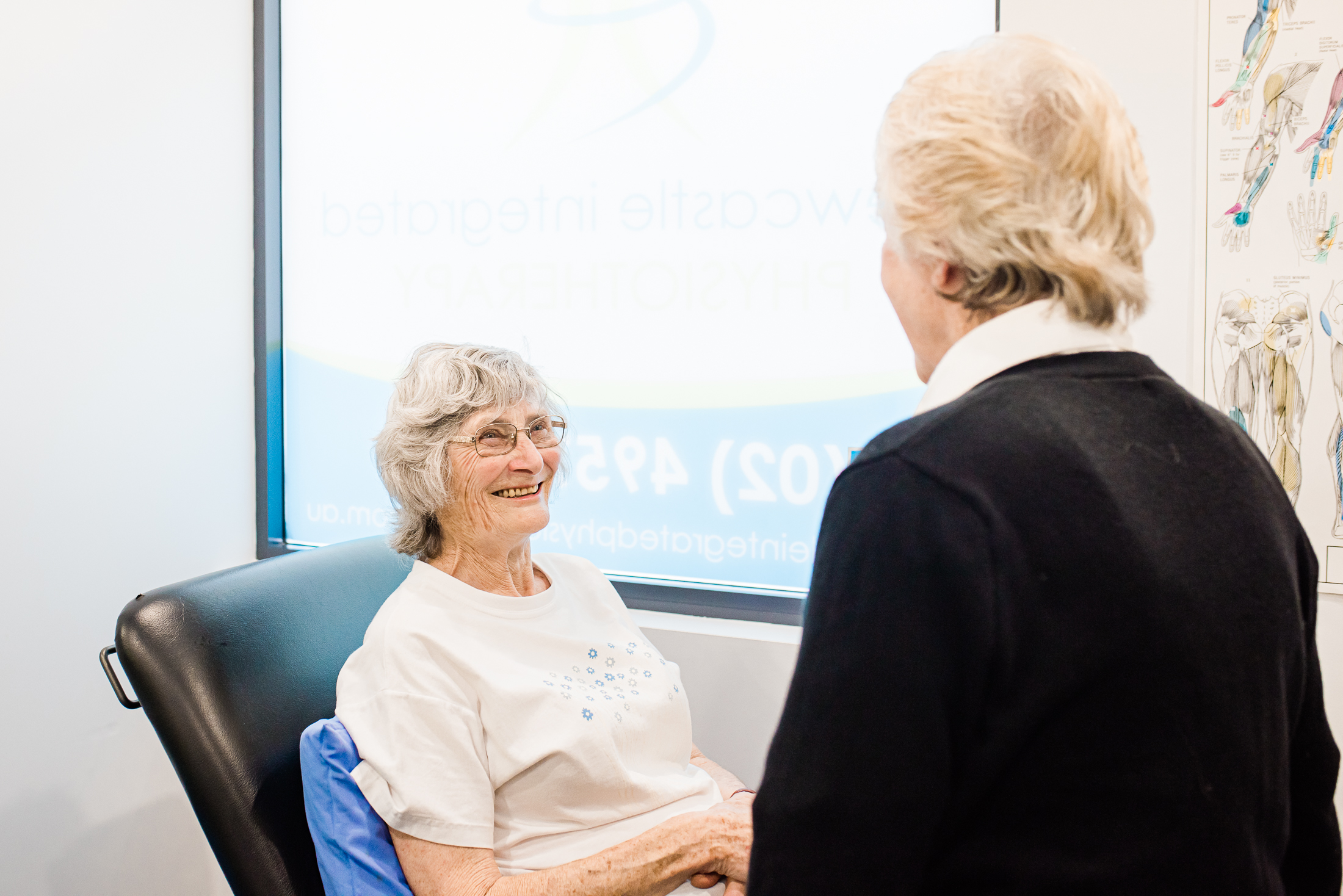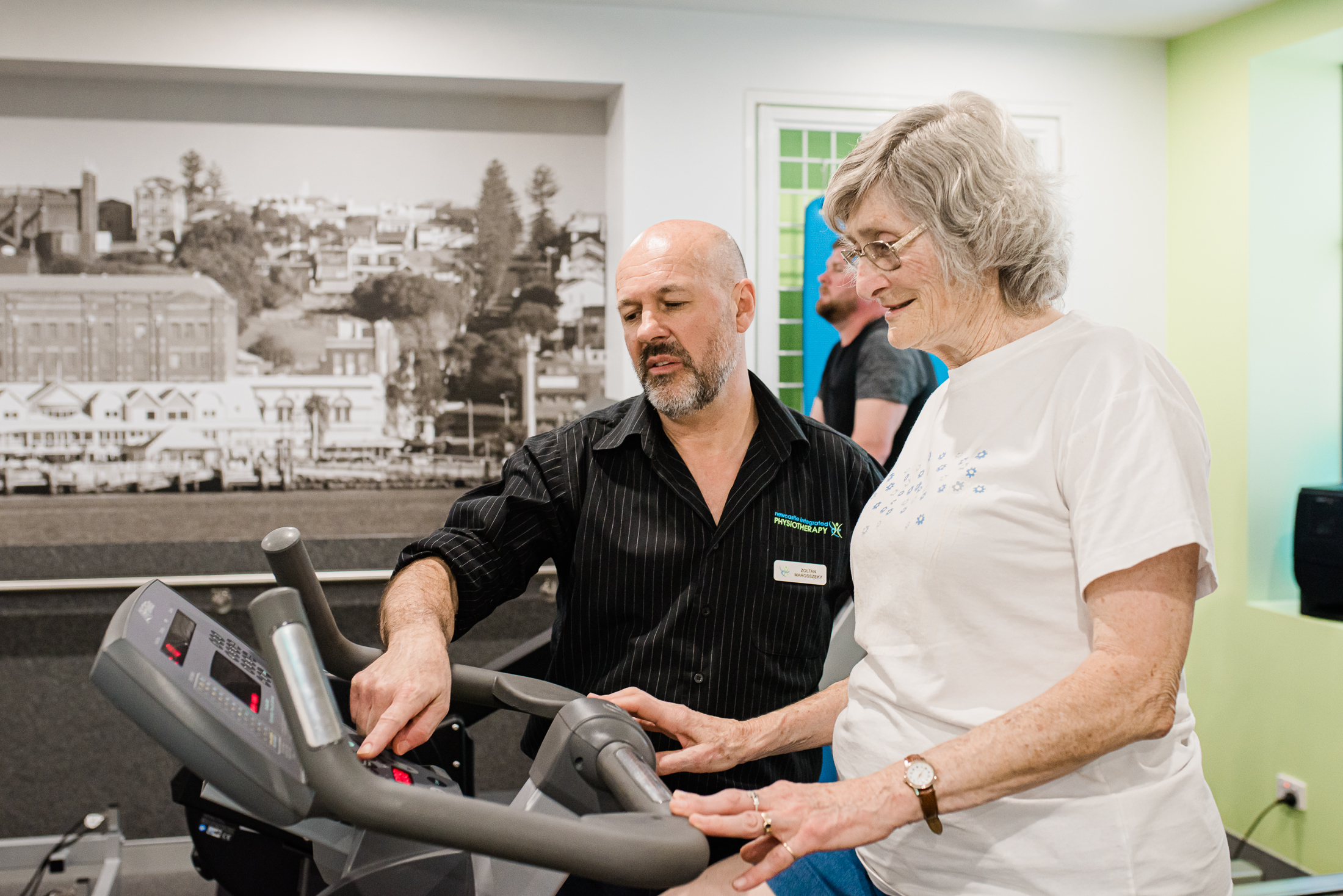How does Exercise affect Aging
As we get older, our bodies, including our muscles, bones and joints go through many changes. These changes can leave you with pain, reduce your mobility and functionality and stop you doing the things you love! Getting older also increases the risk of developing chronic conditions such as heart disease, diabetes, cognitive impairment, stroke, arthritis and osteoporosis, and greatly increases the risk of sustaining a serious fall. And its not just our physical health that can be affected by ageing. Reduced physical functioning has also been linked to increased rates of depression, anxiety and social isolation.
Luckily, there’s a way to counteract these effects and improve the way we age. Through exercise!
Many studies have shown that keeping active as we age has a massive influence on how we age! It can not only reduce the risk of developing these chronic conditions, but it can also help to manage chronic pain, increase your energy levels, improve your confidence and self-esteem and maintain your independence. By doing all of these things, it also has an extremely positive effect on your mental health, reducing symptoms of depression and anxiety, and keeping you involved in community and social events.
So how do we do it?
The research in this area is very clear. In order to achieve all the benefits of exercise as we age, we need to be doing a combination of different types of exercise regularly. These include cardiovascular exercise, resistance (or strength) training and balance, and can be done individually, with a friend or in a group class.
Cardiovascular exercise is a great way to maintain heart and lung health. By regularly getting your heart rate and breathing rate up (huffing and puffing), we strengthen the heart and the muscles around the lungs to keep them both working effectively! Having good cardiovascular fitness helps you do things in your daily life like walking upstairs, doing the shopping and many other activities you take for granted when you can no longer do them. It’s also a great way to improve your mood! It is recommended to do for approximately 30 minutes of ‘huffing and puffing’ exercise (walking, cycling, swimming), 5 days a week to get the maximum benefit. But it’s also important to work up to this if you haven’t exercised for a while!
Resistance, or strength training, is also incredibly important as we age. This involves using resistance such as weights, resistance bands, dumbbells etc. As we age, our muscles get weaker if we don’t do anything about it. The good news is that even if you’ve never done any resistance training in your life, you can still get stronger! By improving your strength as you age, you maintain your functional capacity, making life’s daily tasks easier, reduce your risk of falls as your muscles can better support your body, and improve your bone health, reducing the risk of sustaining a fracture. Resistance exercise should be done approximately 2-3 times a week, with days off in between to recover.
Balance training goes hand in hand with strength training. While having strength allows your muscles to support you, balance helps by improving your body’s ability to respond to unexpected changes in its position, such as tripping on uneven surfaces. Essentially, it makes you feel less unstable and as a result, improves your confidence to get around in all different environments!
We Can Help
If you’re not sure where to start, come in and see an exercise physiologist or physiotherapist to discuss an exercise program that will work best for you to help you age healthily! We at Newcastle Integrated Physiotherapy also offer Pilates and Group Exercise classes to suit all ages and fitness levels. Call us today on 49572961 to discuss a program to best suit you


